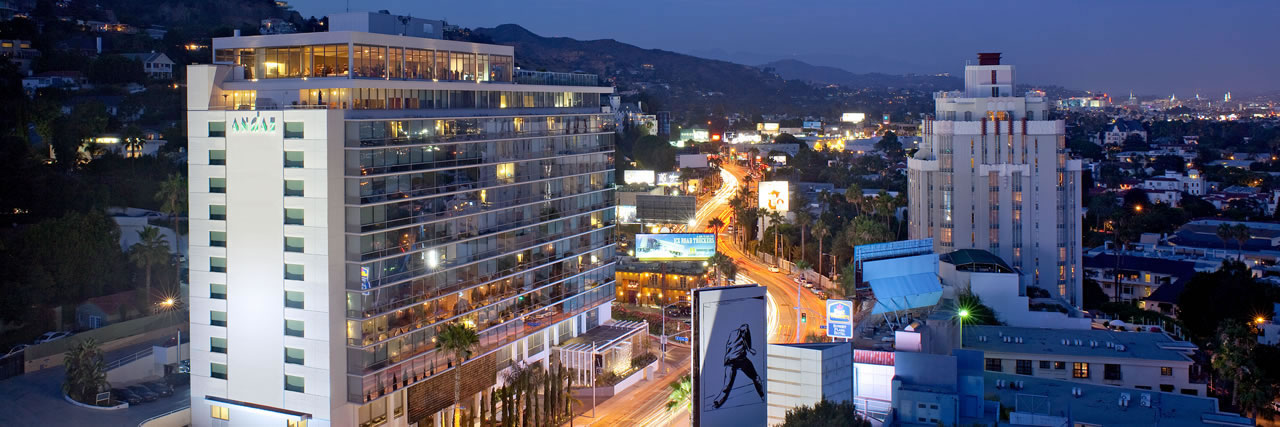13 Jul "Gram Parsons' daughter Polly stages two tribute concerts in his honor."
The Orange County Register
Knight Ridder/Tribune News Service
by Ben Wener
“The music helps me heal now,” she says. But for the longest time Polly Parsons couldn’t bear to hear anything by her father, country-rock pioneer Gram Parsons, who died of a morphine and tequila overdose 30 years ago in a Joshua Tree hotel room.
“When I was younger I couldn’t listen to (his music) without crying or being confused. ‘Why did you leave me? Why are there people all over the world who know you better than I do?’ I still hadn’t recovered from being a child who found out her dad was (cremated) in the desert. I didn’t ever want to talk about it. I felt cheated. I felt left out.”
Then Polly had an epiphany: The only way to overcome these demons that hounded her was to face them head-on. “Now,” she says, “it’s like, if you want to be part of the celebration, then you’ve got to step forward and show up.”
Or, in Polly’s case, stage it. To commemorate the 30th anniversary of her father’s passing, the woman with his ice-blue eyes has put together two tribute shows (one last Friday at the Santa Barbara Bowl, the other last Saturday at Universal Amphitheatre) titled “Return to Sin City: A Tribute to Gram Parsons.”
Some of today’s torchbearers of the “cosmic American music” Parsons forged were on hand to pay their respects, including Steve Earle, Dwight Yoakam, Lucinda Williams, Norah Jones and, most notably, Keith Richards, whom Parsons grew close to and influenced when the Stones were deep into their most vital stretch of albums, from “Let It Bleed” through “Exile on Main Street.”
Parsons’ story is filled with such unfulfilled brushes with greatness, his effect on those who knew him far outweighing the popularity he gained in his lifetime. After coming to Los Angeles with his first outfit, the International Submarine Band, Parsons briefly joined the Byrds, just in time to steer them toward country music for 1968’s landmark “Sweetheart of the Rodeo.” Then he departed (with Byrds bassist Chris Hillman in tow) to form the short-lived cult favorite the Flying Burrito Brothers.
Like the Velvet Underground, the Burritos’records sold in the thousands while the band existed but would later be considered rock staples, modern American roots music so far ahead of its time it sounds remarkably fresh today. Likewise, Parsons’ two brilliant and moving solo efforts _ 1972’s “G.P.” and the following year’s “Grievous Angel” _ were largely ignored by the masses, though they were critically acclaimed templates for later hit-mongers like the Eagles and helped introduce the world to Emmylou Harris, then Parsons’ protege.
Curiously, Harris and Hillman declined to participate in the tribute concerts, but Polly wasn’t fazed by that. “Just as they were stepping away,” she says, “I was ready to step forward and discover that a whole new generation has deep love for my dad’s work.
“You know, he never had any commercial success in his lifetime, but there really aren’t many musicians you can’t sit down and talk to about his music that weren’t affected by it. It’s timeless. He stood for something that was outside of the box, not bound by genres or politics or what people thought, and he was almost evangelic in his vision. He’s a bit of a hero in that regard.”
Polly has made it her life’s mission to keep his spirit alive, not only with these shows but through his recordings, which she now owns the rights to. How she will protect his legacy remains to be seen, and Rhino Records already has done a superior job preserving his work. But, “I do want to make sure that it’s perpetuated for the next few generations the right way.”

